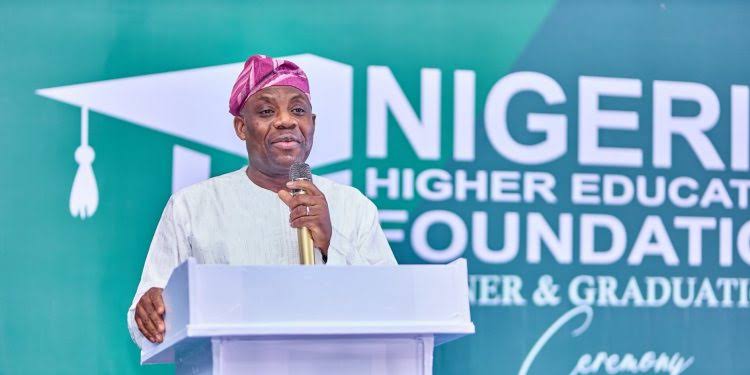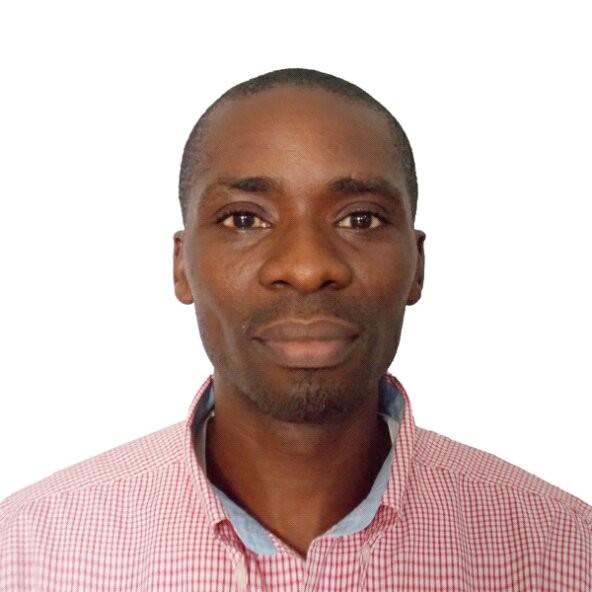The Federal Government has announced a 50 per cent increase in scholarship grants, raising annual awards to N750,000 for PhD students, N600,000 for Master’s students, and N450,000 for undergraduates, HND, and NCE students. This upgrade is part of a major N6 billion scholarship reform targeted at the 2025–2026 academic cycle.
Described as the most comprehensive overhaul of Nigeria’s scholarship system in more than a decade, the initiative is expected to benefit over 15,000 students nationwide. The policy was announced by the Minister of Education and shared via the ministry’s official X platform.
The new framework focuses on merit, equity, and alignment with Nigeria’s development goals. Priority will be given to students in Science, Technology, Engineering, Mathematics, Medical Sciences (STEMM), and vocational training programmes, reflecting the country’s emphasis on future-ready skills.
In response to the rising cost of education, the revised scholarship structure raises funding across all levels: PhD awards now stand at N750,000 (up from N500,000), Master’s at N600,000 (from N400,000), and undergraduate, HND, and NCE students at N450,000 (up from N300,000). These changes cover all core scholarship schemes, including the Nigerian Scholarship Award.
Two new categories have been introduced to widen access and promote strategic disciplines. One focuses on STEM and vocational students in public polytechnics, and the other targets medical and health science students , studying courses like medicine, pharmacy, nursing, and physiotherapy—in public universities. Each category has been allocated N1 billion.
Meanwhile, the Bilateral Education Agreement (BEA) scheme has been restructured. Funds formerly reserved for new international scholarships have now been redirected to bolster these domestic awards.
The new allocation model sets 50 per cent of all scholarships for undergraduate students, 25 per cent for Master’s students, and 25 per cent for PhD candidates. Of this, 70 per cent will be allocated to STEMM courses, with the remaining 30 per cent going to the Social Sciences. Additionally, five per cent of total awards will be reserved for students living with disabilities.
The implementation of the 2025–2026 scholarship cycle will be coordinated by the Federal Scholarship Board, working alongside an inter-ministerial committee that includes representatives from the National Assembly, Federal Character Commission, and the Ministry of Women Affairs. This collaborative oversight aims to ensure transparency and accountability.
According to the Minister of Education, the reform is aligned with President Bola Tinubu’s Renewed Hope Agenda, which positions education as a key driver in the push to build a $1 trillion economy.










